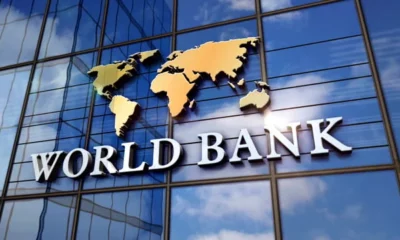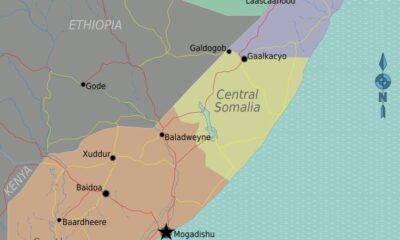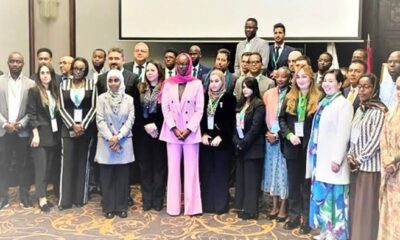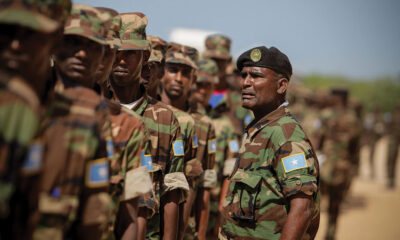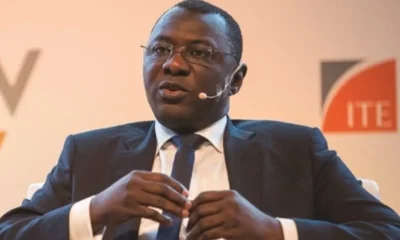Nigeria’s President Bola Tinubu has identified illegal mining activities as a major source of terrorism financing in the country and the African continent.
Tinubu who revealed this when he spoke at the African High-level Meeting on Counter-Terrorism held in Abuja on Monday, said illegal mining had plagued so many nations including Nigeria today which has made it quite easy for sponsors of terrorism to gain access to easy money.
The Nigerian President called for an international collaboration to dismantle the financing network of terrorists and to effectively trace and block terror financing, he said the international community bears a “moral and legal obligation to help because it is external finance, not African money, that fuels these illegal operations.”
“We shall be knocking on this door of the international community to answer this call for justice, peace, and fair play,” he said.
Tinubu also advocated for the creation of a regional standby force and a counter-terrorism centre to degrade the activities of terrorists in Africa’s most troubled spots, stressing that the counter-terrorism centre will be a hub for intelligence sharing, operational coordination and capacity building throughout Africa.
“Key to our collective efforts against terrorism is the urgent need for a fully operational Regional Counter-Terrorism Centre,” Tinubu said.
“A regional force can serve as a rapid deployment mechanism, capable of swiftly responding to major threats and bolstering the security of our region.
“I am mindful of the funding, legal, and logistical complexities that face the proper establishment of such a force.
“However, with a prudent and clearly defined mandate that accords with international law and respects national sovereignty, such a force can serve as a rapid deployment mechanism, capable of swiftly responding to major threats and bolstering the security of our region.
“Such a force can stand as a strong deterrent to large-scale and protracted terrorist operations and the capture, occupation or disruption of strategic land and resources. We must continue to make careful yet meaningful progress toward this goal.
“No one state can solve this problem for itself. It requires continuous and concerted action by all of us,” Tinubu emphasized.

 Metro2 days ago
Metro2 days ago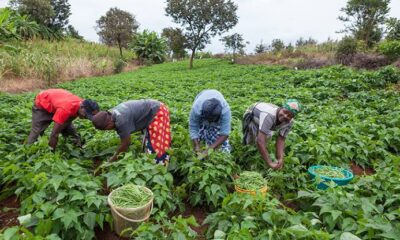
 Tech2 days ago
Tech2 days ago
 Sports2 days ago
Sports2 days ago
 VenturesNow2 days ago
VenturesNow2 days ago








